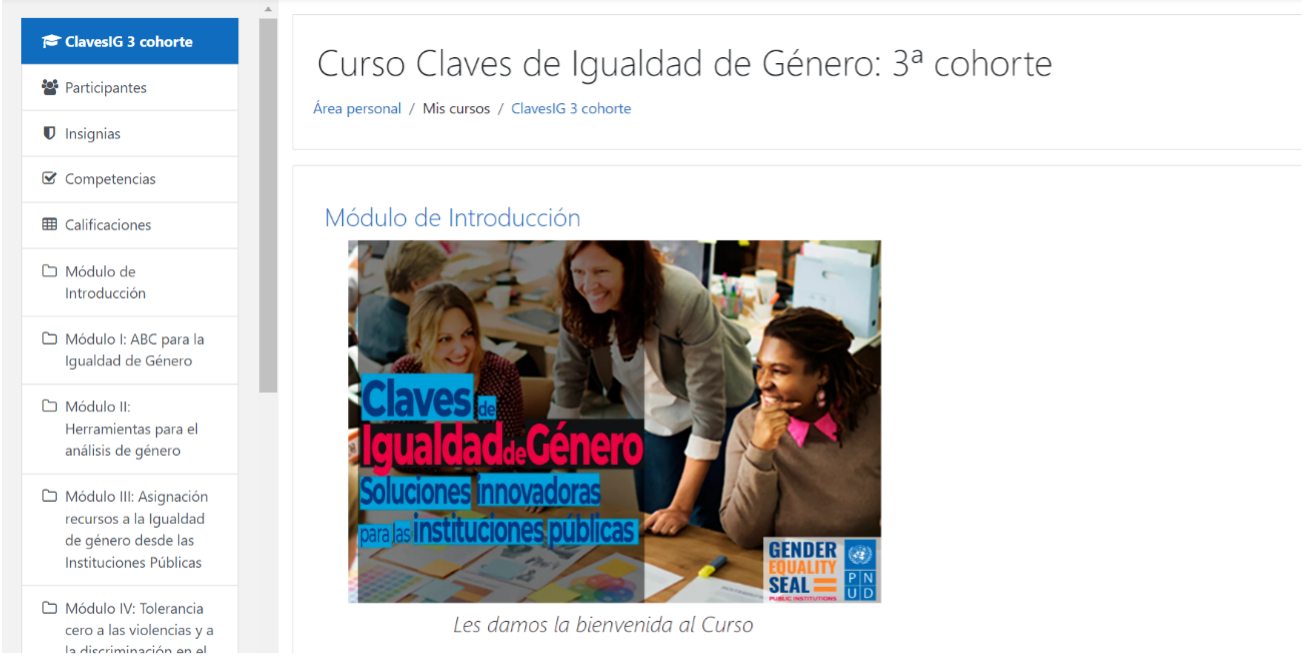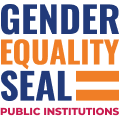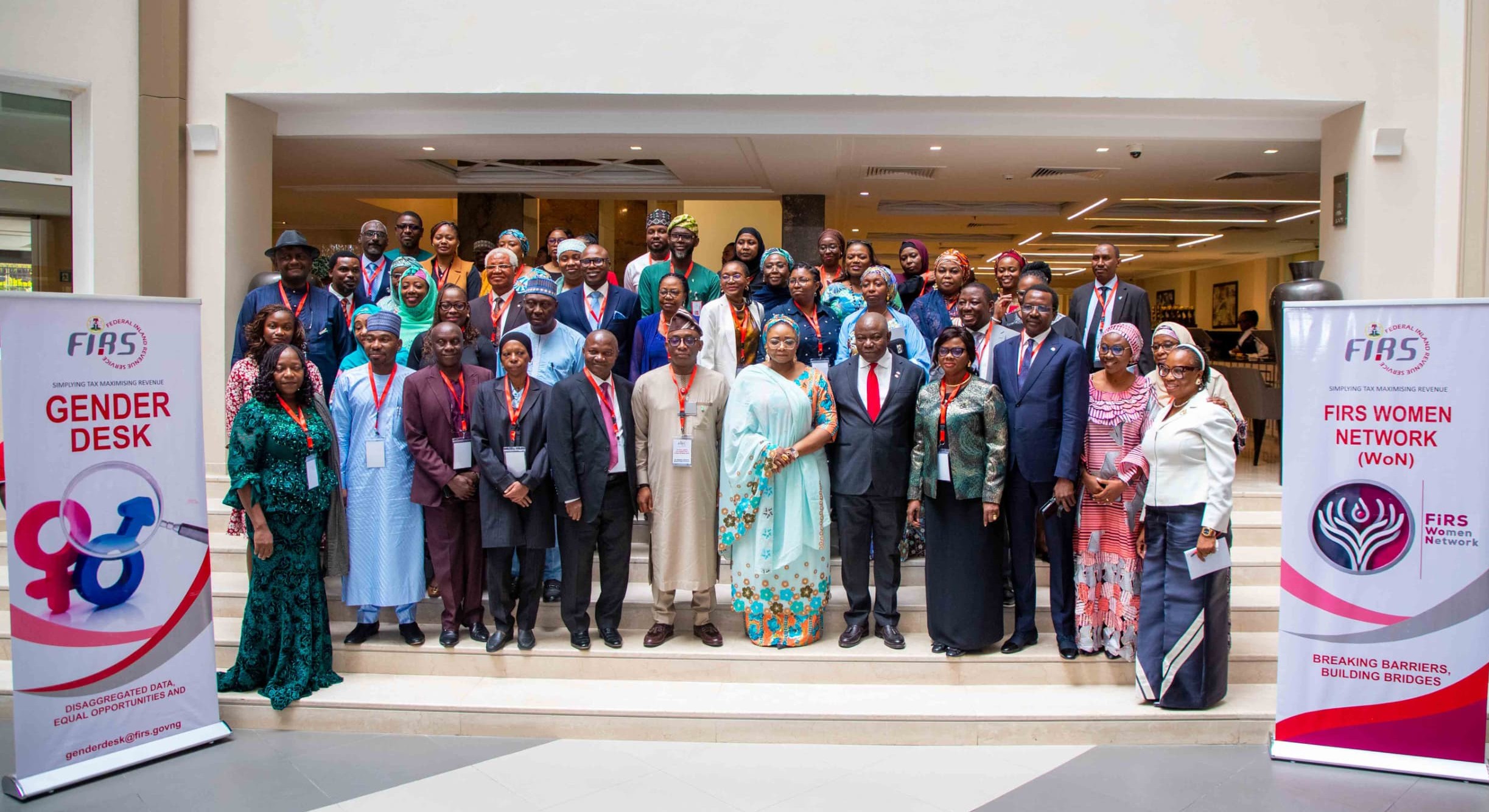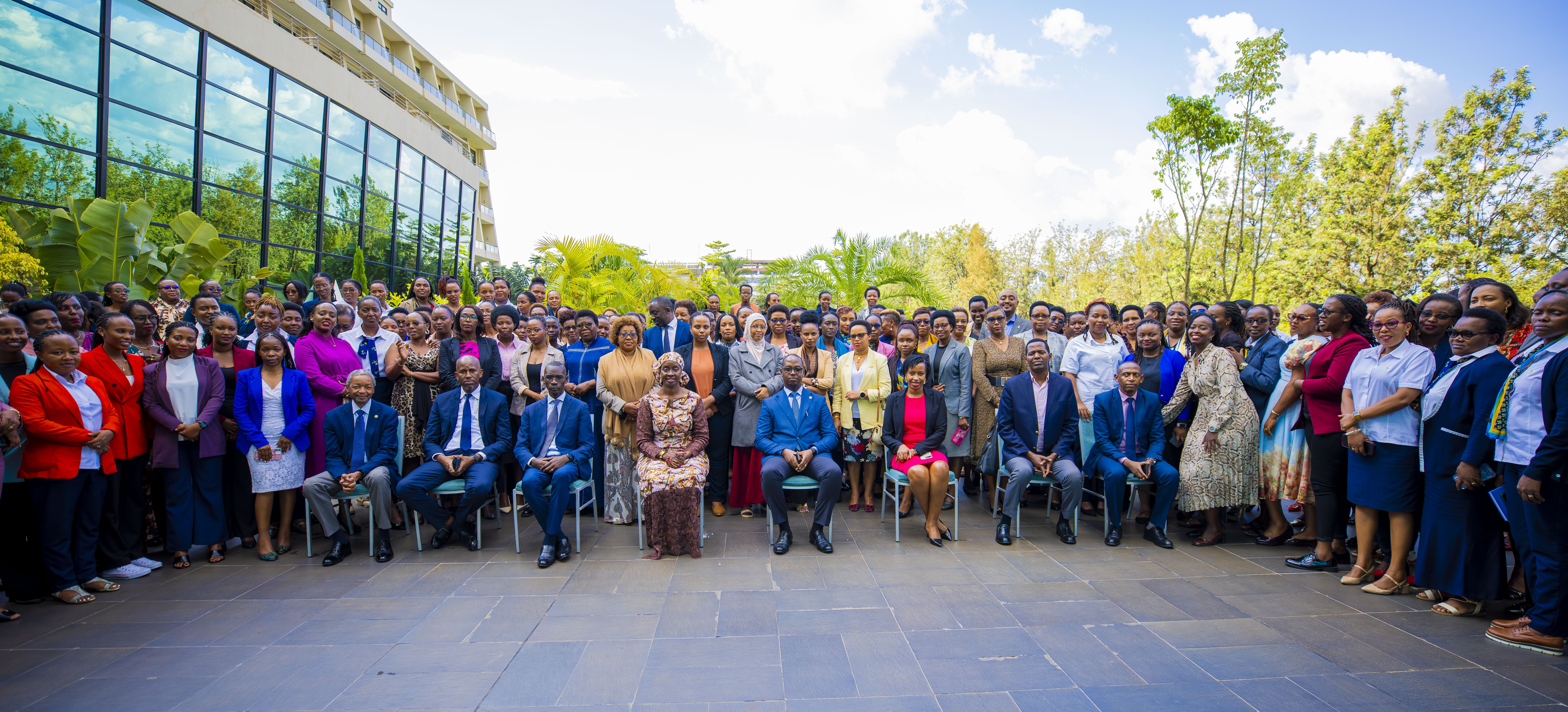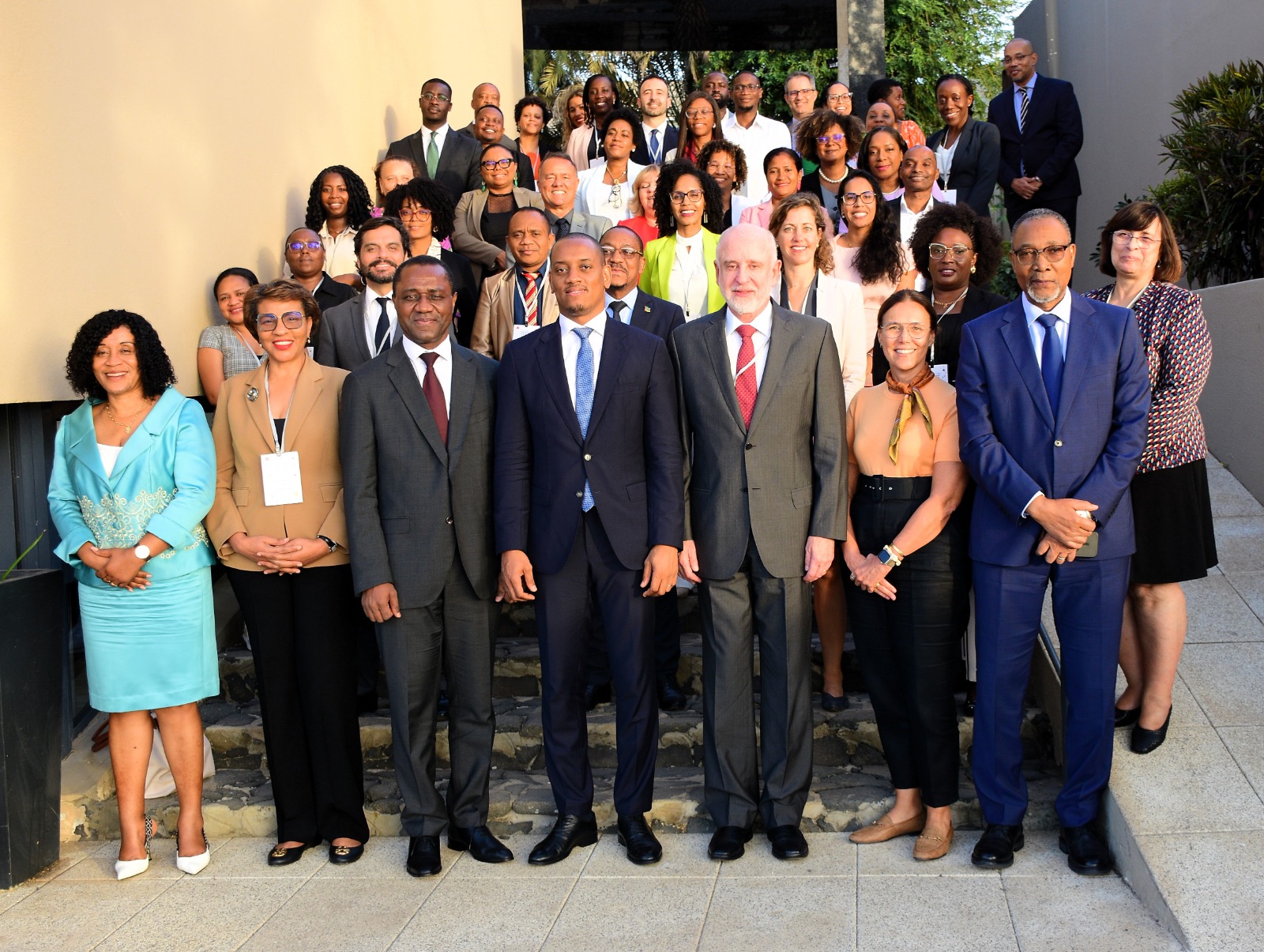To support the strengthening of the capacities of these institutions, UNDP develops the Key Course on Gender Equality for Public Institutions, a regional course that began its first edition in 2020.
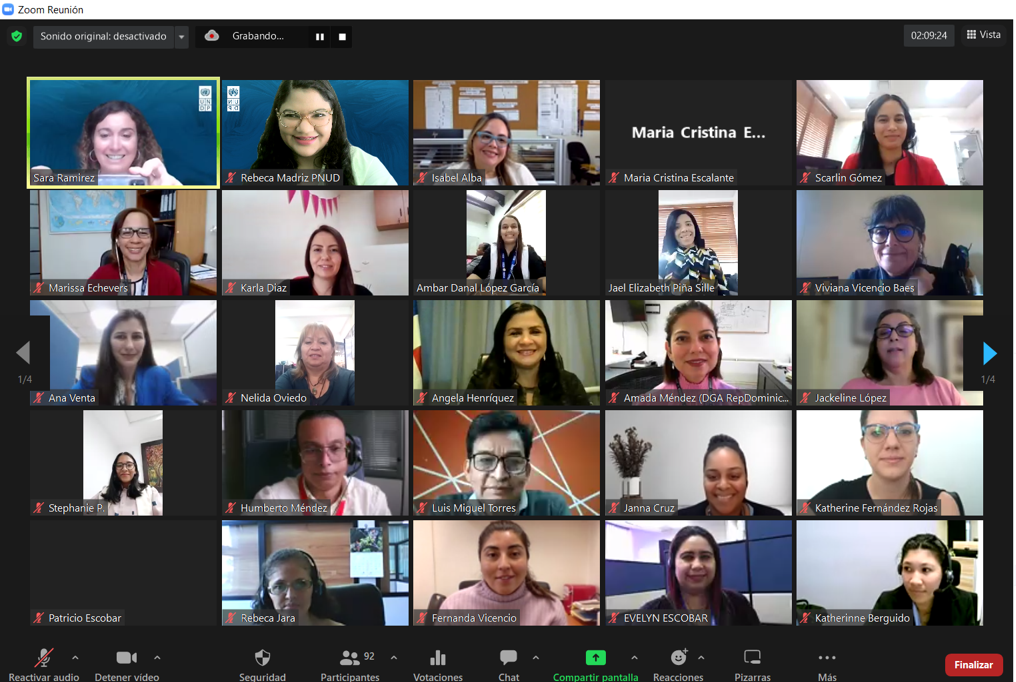
The Gender Equality Seal for Public Institutions is present in 47 public institutions and eight countries in Latin America and the Caribbean (Chile, Colombia, Costa Rica, the Dominican Republic, Ecuador, Panama, Paraguay and Peru). This number of institutions rises to 58 if we consider the three countries (El Salvador, the Dominican Republic and Panama) and the 11 institutions that participated in the pilot test in 2019.
The course aims to contribute to reflection on what it means to integrate the gender perspective and how to develop mechanisms, procedures and strategies to advance gender equality in public institutions, through three specific strategies:
1. Development of capacities for gender analysis in the policies, norms and procedures of public institutions.
2. Application of the basic concepts of the integration of the gender perspective in institutional practice.
3. Identification of the central nodes that hinder or limit progress in gender equality and women’s rights in the context of Latin America and the Caribbean.
Since the second call in 2021, the course has been aimed at the staff of the institutions that participate in the Gender Equality Seal for Public Institutions, and of the institutions that co-lead the program at the national level. With the third cohort of the Course Keys to Gender Equality for Public Institutions, in which 177 people plus internal advisers participated, 548 representatives of public institutions in the region have already joined this course.
I liked the way they have taught the course, their extensive knowledge on the subject, I liked the theme of inclusive communication, its use helps us as public officials to position our public institution; the integration of gender equality in our institution is a valuable instrument to represent and make visible the people who make use of our service and most of them are people with limited resources who are defenseless.
Testimony of one of the participants.
Since the first cohort in 2020, in the midst of the COVID 19 pandemic, the course has been adapting the contents to the needs that have been detected, combining the fundamental basic elements for the gender perspective with the approach of emerging issues.
In this third cohort, the following topics addressed were:
• ABC of gender
• Tools for gender analysis in the current regional agenda
• Allocation of resources to gender equality from public institutions
• Zero tolerance for violence and discrimination in the workplace
• Inclusive communication and positioning of gender equality in public institutions
• Data, indicators and gender
• Gender transformative approaches
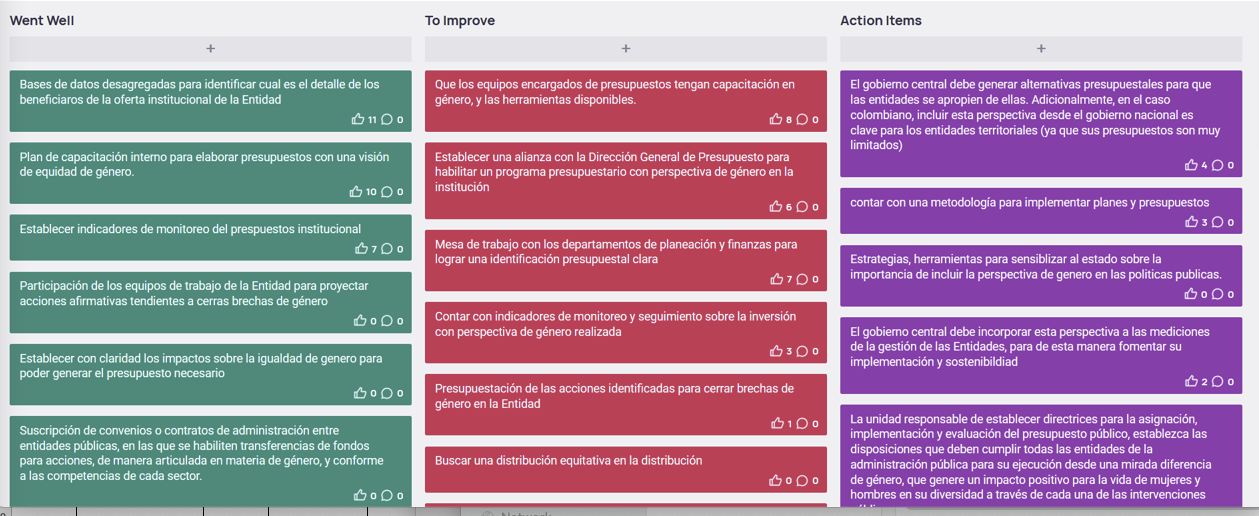
This course aims to be a “mouth opener”, a didactic proposal that generates a general overview of the “key” elements of the integration of the gender perspective in public management, while encouraging the participants to identify areas or specific topics to continue deepening according to their interest.
What I liked the most is that each information has been provided from statistics and field studies, that helps us to verify that it is something real, not just hunches.
Participant testimonial
Like the didactic content, the methodological proposal has evolved to adapt to the needs of the institutions. In this year 2022, the map of virtual classroom activities was expanded with practical exercises that allowed a more active role for the participants; as well as self-assessment exercises per module to facilitate self-study.
At the end of the course, a course evaluation form allows us to collect comments and suggestions to take into account in future editions.
For the fourth cohort in 2023, and in response to the commitment of the participating institutions, we will continue working to offer a course suited to their needs.
